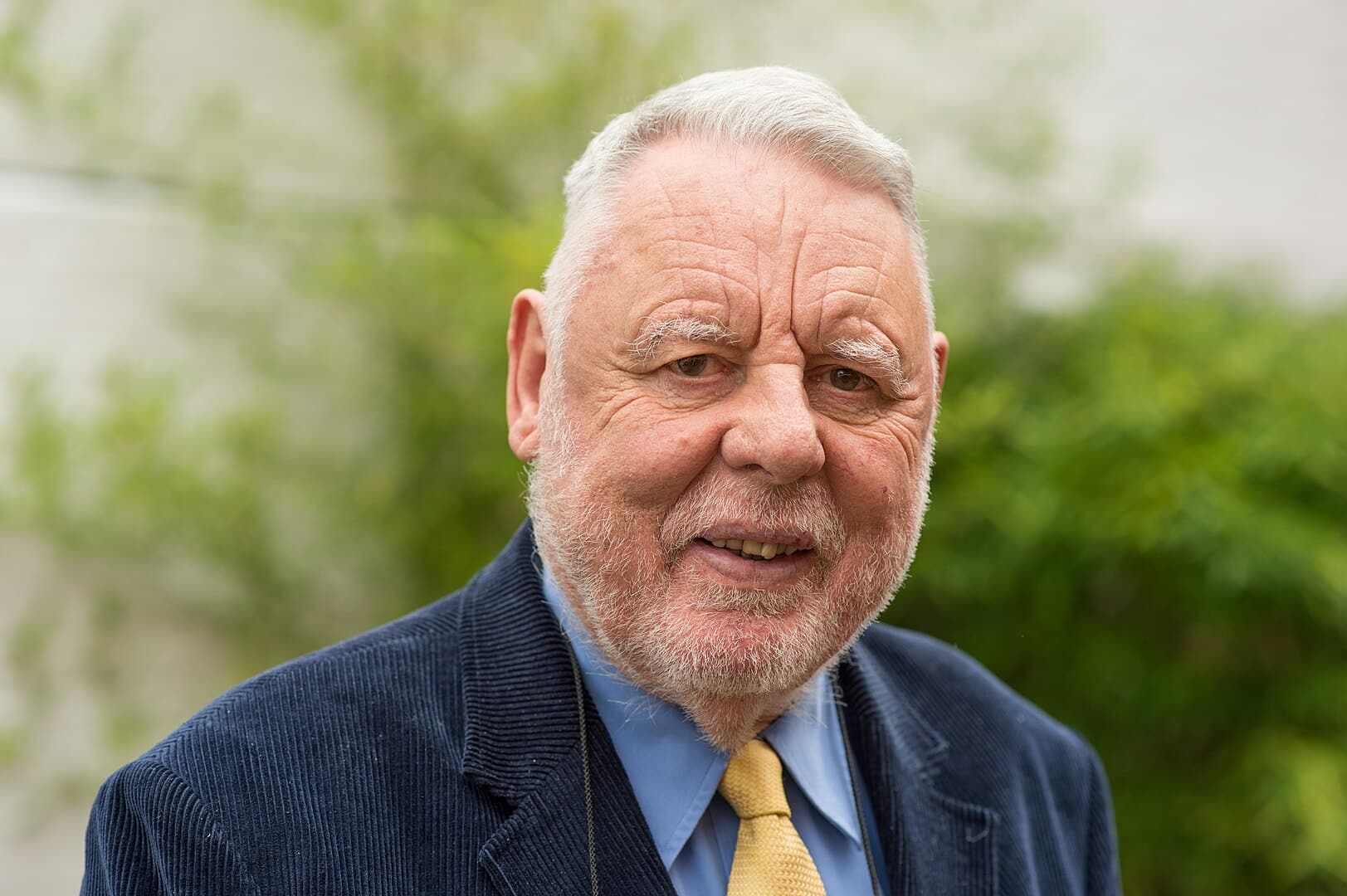 BBC News
BBC NewsBorrowing was £17.4bn last month, the second highest October figure since monthly records began in 1993.

How to prosper in a busy world, Sir Terry Waite
I retain equilibrium in our busy world by having time alone. Everybody needs some solitude and everybody needs a break from other demands of life because we live in an instant age. We notice the effects of this very clearly in all sorts of behavioural patterns – most particularly, in the anger and resentment we all see online.
It is as if people today now have a very short fuse: they expect to get everywhere instantly, and this is an unconscious development arising out of our constant use of the Internet. Today we have to answer emails immediately whereas before there was a necessity to take life at a more leisurely pace, and to be able to digest things. The best antidote to all this and to prosper is to take time for reflection, and ideally a period of time off each year for a retreat or something of that kind.
There are three goals to work towards in life in order to prosper. The first is to work for harmony in yourself and establish a healthy balance between body, mind and spirit. The second vital goal is to work for harmony with other people – and to be compassionate and understanding in that regard. The third, which we see people more conscious of today than ever, is to be in harmony with our environment.
If you look at these three areas, the bad news is that we seem to be suffering crisis on all three fronts. The fact is that the rapid rise in mental illness particularly amongst young people is often due to this lack of inner harmony, and a failure to achieve internal coherence. On the second point, the anger and frustration with our neighbours tends to be brought about by a lack of understanding and compassion. Finally, the way in which we treat the environment is already wreaking a tremendous revenge on us in all sorts of ways when we see all the effects of climate change.
Of course, there is such a thing as natural climate change, which we accept. However, we have confused the situation by our exploitation of the environment: we are out of harmony with nature, and sometimes behave as if we have forgotten that we are a part of it. The atoms that constitute our human body are the very same atoms that make up the stars. We are a part of a much bigger creative process: we are called upon to be creators and co-creators with God, but too often we behave as consumers and destroyers instead.
We therefore need to encourage everybody – and especially to encourage young people – to be active in co-creation. The moment you accept this understanding, then an interesting thing happens: a sort of happy responsibility is bestowed upon you, and you become a creator with God. In my experience, this is the moment when the possibilities of life open up, and can be felt in your personal life as much as in your working life.
The point is, of course, that God has created us in freedom: we are not just here to obey his commands, important as that is. We’re actually called to something far higher: we have been given the ability to choose between creation and destruction. It hardly needs saying that these are enormous powers given to the human species, and that we have to take them with the utmost seriousness.
Quite naturally, if we don’t realise the importance of this, then we begin to suffer – and it is this suffering which makes up such a visible aspect of our present predicament: the restlessness and uncertainty which we all see when we look at the world. It is because we are not engaged in what we should be engaged in: the co-creation with God of a better world for ourselves and for others.